‘I decided screw it, let’s give it a go’: Richard Branson says airlines were ‘abysmal’ when he started Virgin
Exclusive: In 1984, the Virgin Atlantic founder wondered: ‘will we last more than three or four years?’


Sign up to Simon Calder’s free travel email for expert advice and money-saving discounts
Get Simon Calder’s Travel email
“I was driving to the airport and the plane was just landing from its final test flight and it came right across the motorway,” recalls Sir Richard Branson.
“I remember swerving over all three lanes, getting so excited watching the plane but not watching where I was going.”
Forty years on from the maiden flight of an upstart airline named Virgin Atlantic, the bearded billionaire is describing his feelings on the day in June 1984 when the “legacy” transatlantic carriers discovered a challenger brand.
In the 1970s Richard Branson had created a music empire, signing talent such as Mike Oldfield, Phil Collins and the Sex Pistols. With a chain of music stores as well as a record label, the young entrepreneur spent a lot of time in the air. Which he really, really didn’t enjoy.
“The airline business was abysmally run,” he now says. Rather than just put up with uncomfortable seats and shoddy service, he decided to start his own airline – in an industry littered with expensive failures.
“I can’t say ‘no’ to a challenge. I just thought ‘screw it, let’s give it a go.’”
Since then, Sir Richard says: “Life has been a hell of a lot more fun.”
The fun started with the very first flight from London Gatwick to New York Newark on 22 June 1984. Having survived that motorway swerve as the Boeing 747 came into land, Sir Richard says: “We had one of those wonderful days almost equal to when I went into space.
“One of those wonderful, magical days where everything couldn’t have gone better.
“I remember on the first flight sitting with [partner, later wife] Joan and [their daughter] Holly on our laps and looking around the cabin and thinking: ‘We have the most delightful cabin crew in the world. They’re smiling, they’re joking, they’re happy.
“Will it last more than three or four years – will we last more than three or four years?”
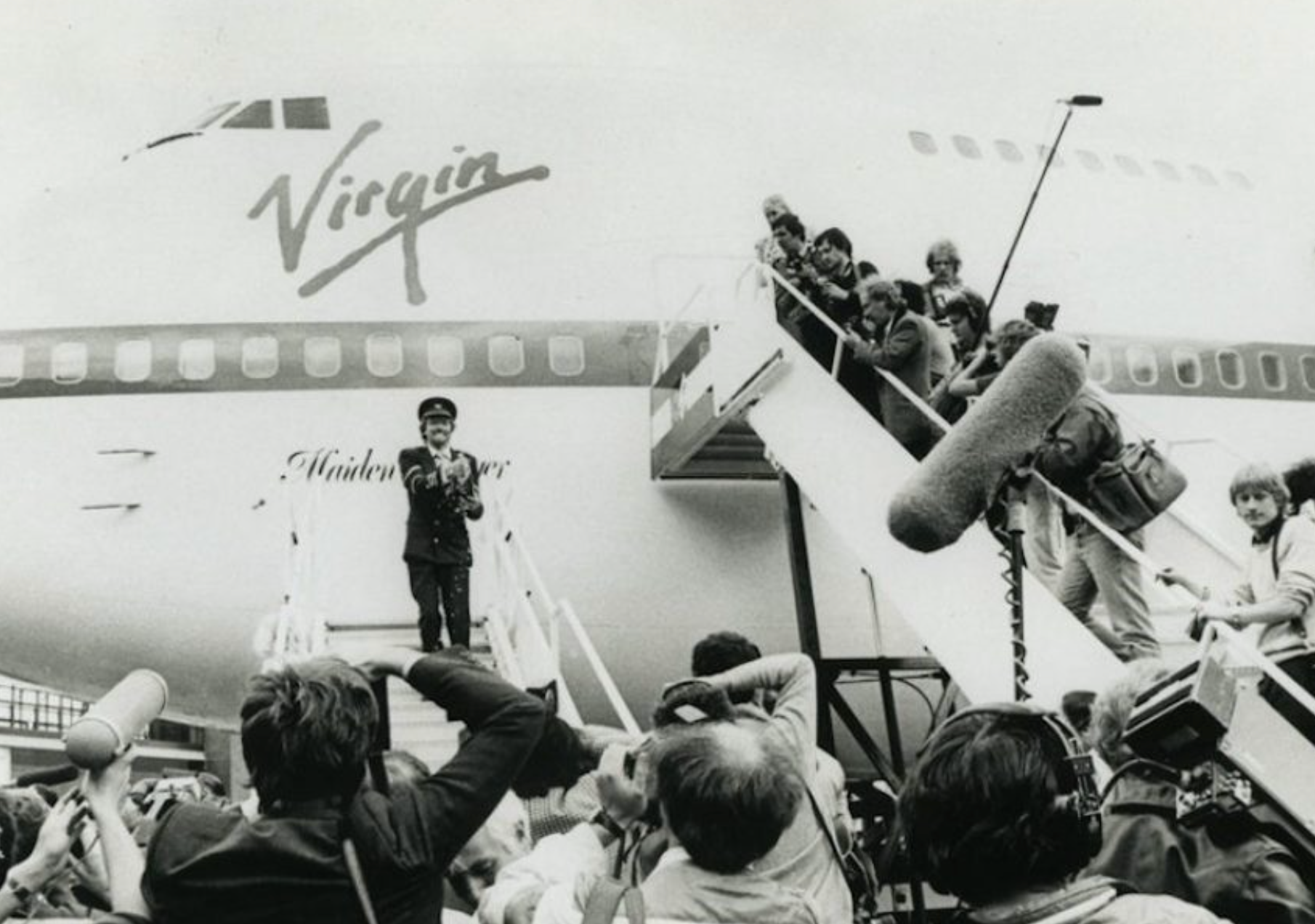
Upon returning from New York to his then west London home at 80 Oxford Gardens, he says “I found the bank manager sitting on my doorstep”.
Even for a successful music mogul, taking on airline with the pedigree – and firm grip on the transatlantic market – of British Airways, Pan Am and TWA was a high-stakes game.
Two years earlier, Laker Airways had gone bust: forced out, according to Sir Freddie Laker, by the big boys ganging up. He advised then plain Mr Branson to create a business class cabin as well as economy, so that the competition could not simply defeat Virgin Atlantic on price.
“Upper Class” was a revolution: passengers were driven to the airport in a limousine, before boarding a Jumbo jet with an upper deck fitted out with just eight luxury seats. Compared with today’s standards, they would barely qualify as premium economy (another Virgin Atlantic innovation among European airlines, introduced in 1992 as Mid Class).
Yet in 1984, Upper Class was still miles better than the opposition’s business class, and with cabin crew who “genuinely care” according to Sir Richard.
“They’re going to go out of their way to make somebody smile.”
In contrast to the playfulness of customer-facing staff, the operation has always been taken extremely seriously. The latest airline punctuality figures from the Civil Aviation Authority show Virgin Atlantic ahead of rivals. Its average delay was just under 14 minutes, seven minutes better than BA.
In 1984, British Airways discovered a competitor that was after its premium passengers – unlike its complacent and comfortable Continental rivals, notably Air France and Lufthansa.
For the first seven years, Virgin Atlantic was restricted to Gatwick. But in 1991 it was allowed into Heathrow, from where it has built up a flourishing network – to the considerable annoyance of British Airways.
“Even when BA were casting big doubts on our survival, people didn’t stop flying with us,” says Sir Richard. That’s down to the fact that they know they’re going to get a consistently wonderful experience.”
Unlike Pan Am, TWA and many other airlines, Virgin Atlantic is still flying. “It’s just the same, unlike any other airline in the world – that the others cannot compete with.
“We will always do our best to have the best seats, the best entertainment, the best lounge at Heathrow.
“We’re always trying to come up with the next exciting breakthrough.”
The Virgin Clubhouse at Heathrow Terminal 3 is soon to unveil another first: a rooftop, open-air gym. “I do a lot of workouts, I’ve got to that sort of age, and we’re about to do an open-air work-out areas on the top of the Clubhouse in London so that people can go up the steps and watch the planes and at the same time work out.”
The aviation industry demands resilience and deep pockets. Virgin Atlantic is about to resume flights from Heathrow to Toronto, 23 years after they were dropped. The route to Canada’s biggest city was launched just before 9/11, and promptly axed as airlines worldwide saw a collapse in passenger confidence and business.
The Covid pandemic was even crueller. Virgin Atlantic soon closed its original base at Gatwick, though Sir Richard says “let’s see” if the airline might resume at the Sussex airport.
Even though the giant US airline Delta has a 49 per cent share in Virgin Atlantic, the carrier’s founder spent over £1bn keeping the brand – and the dream – alive.
Chief executive Shai Weiss, also speaking exclusively to The Independent, says the pandemic has now been left well behind in the slipstream.
“In June – it’s a nice statistic – we’ll have more revenues coming in from the US than the UK point of sale for the first time ever.
“In the past decade we’ve doubled our ticket sales in the United States. That’s testament to the transformation.
“The network is now set in a way that allows us to be commercially successful – which of course is key to offering the great service and allowing our people to shine.
“It’s not the easiest [job] but it’s a privilege and the best job: to run a challenger brand, to challenge the status quo. Even with all the carriers copying us we still find new ways of doing things a bit differently.”
Retaining the glow and energy of a challenger after four decades is an achievement – especially in an industry with ferocious competition and plenty of young innovators.
Sir Richard says: “Many, many, many years ago I was doing a talk in Greece and this young lad who was in his late 20s kept asking me questions. And that was Stelios. He said, ‘Should I should I start one then?’
“My motto: screw it, just do it.”
Stelios Haji-Ioannou launched easyJet in 1995.
“He did well. What I would suggest that if somebody is going to do it they start on the short-haul network rather than take on Virgin Atlantic – we’ve got enough on our plates with British Airways.”

 Fransebas
Fransebas 







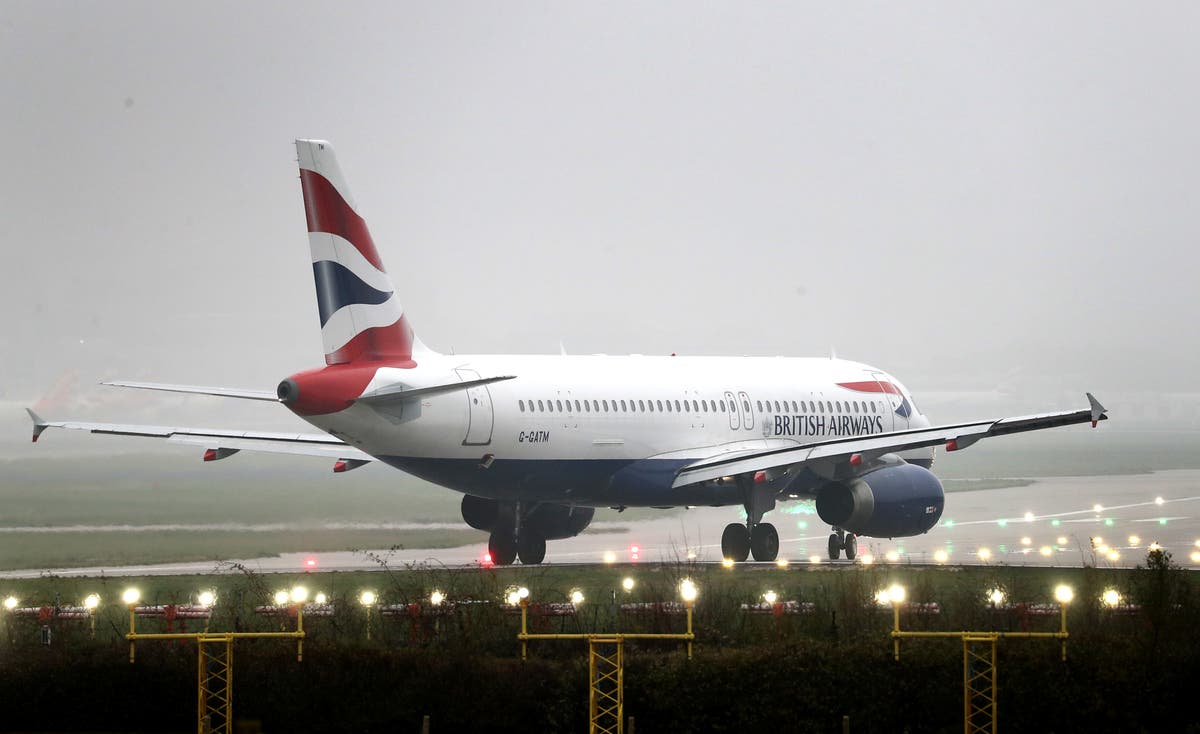
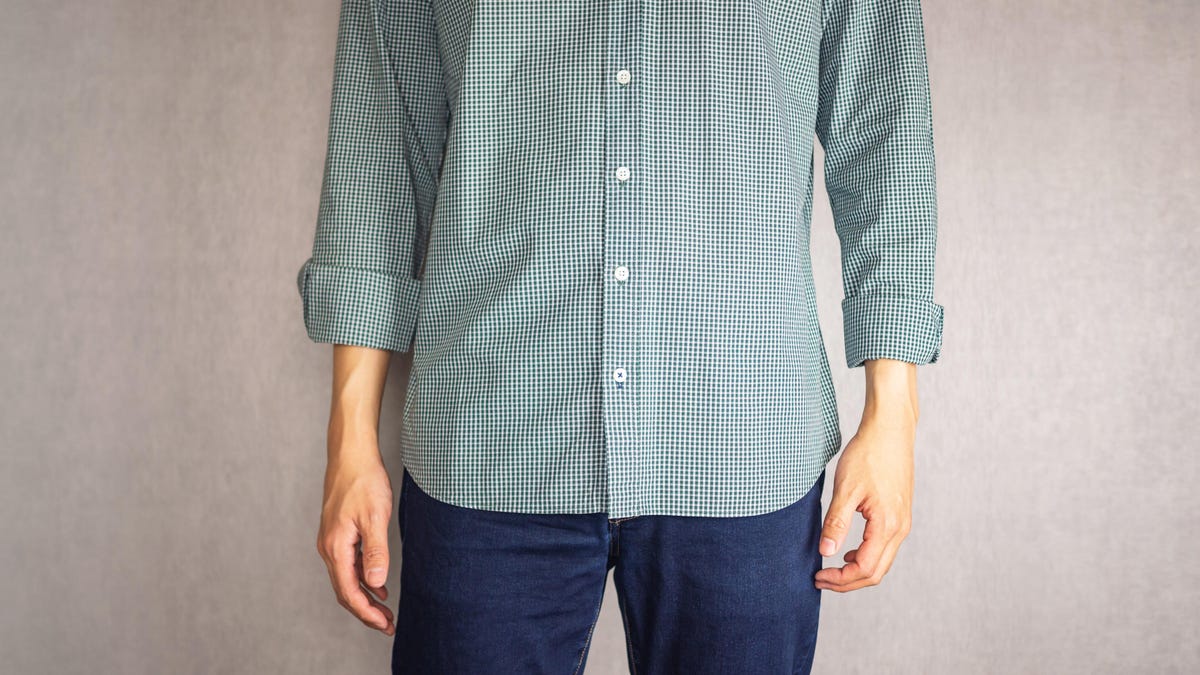
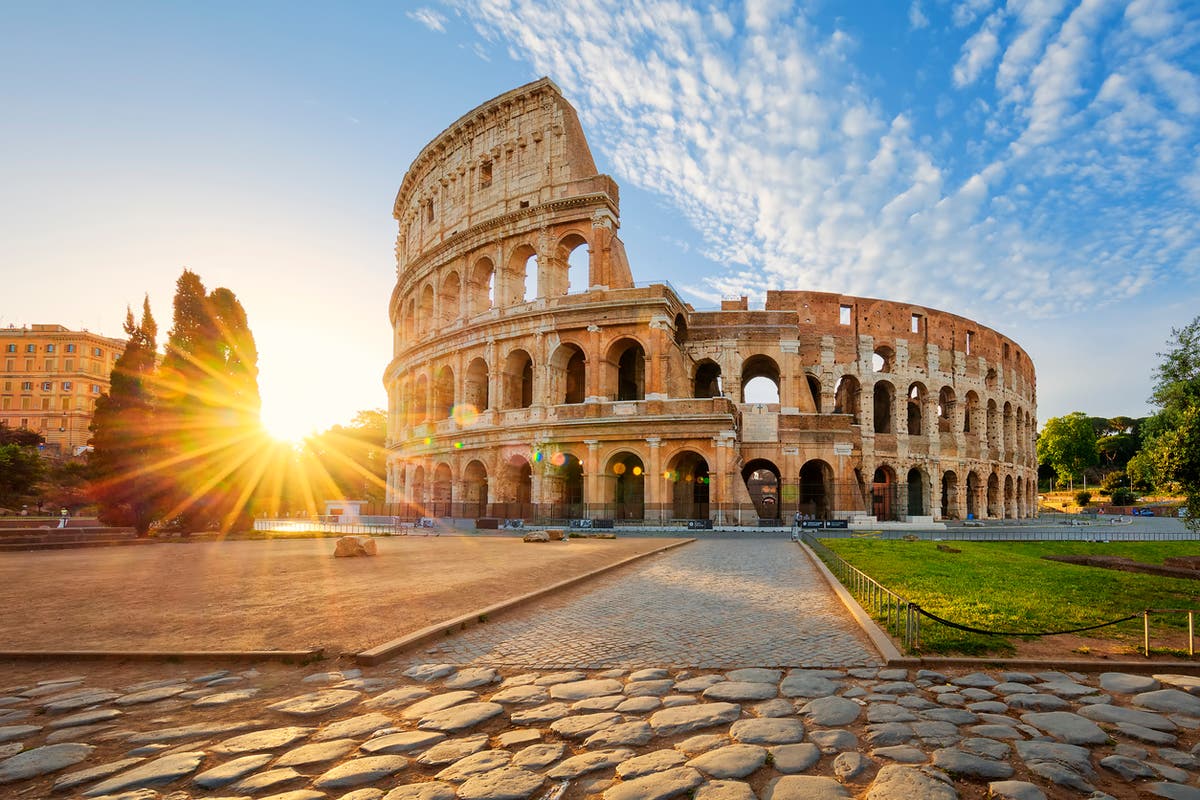
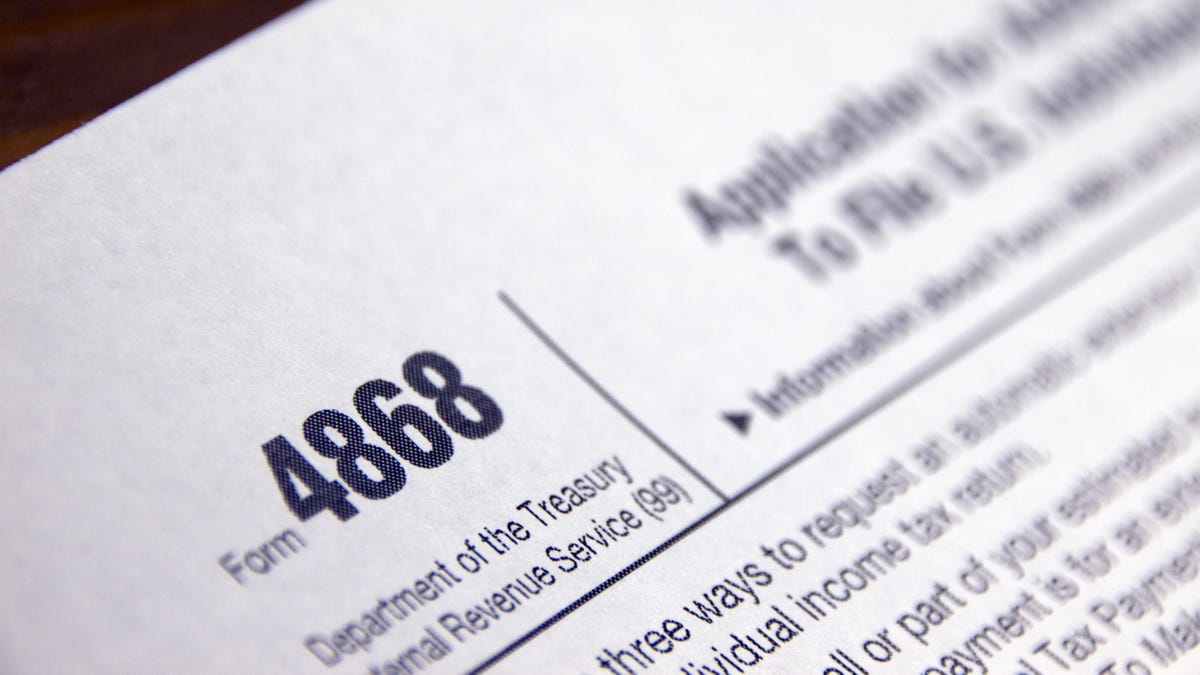

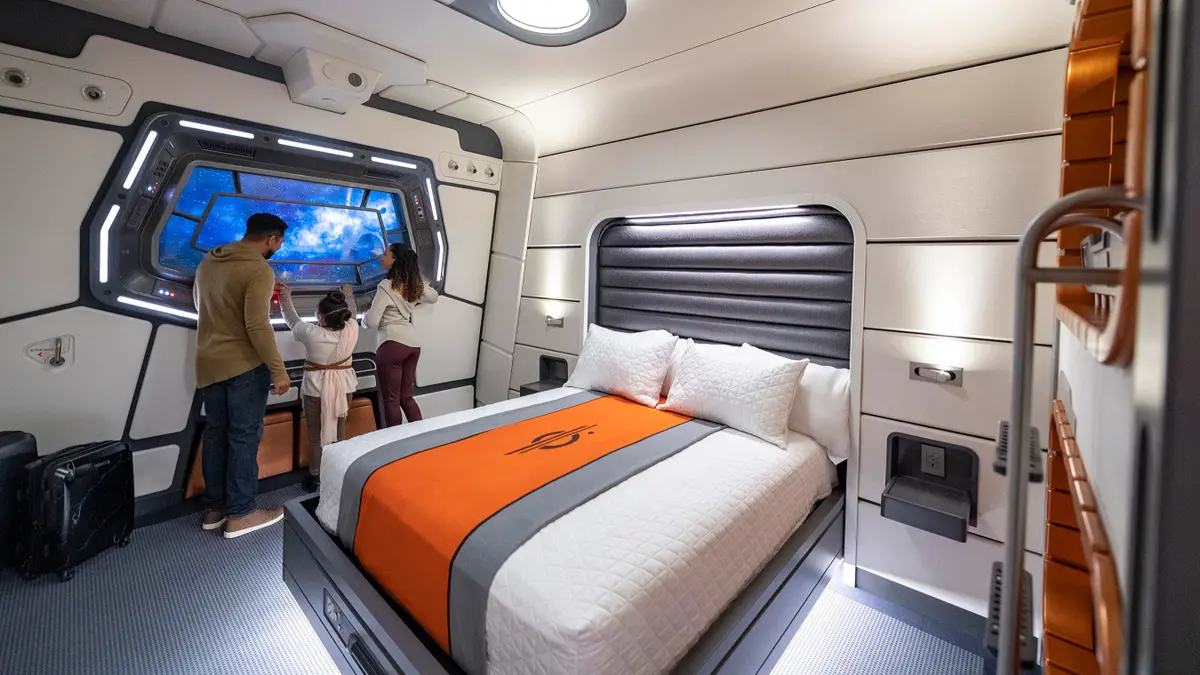





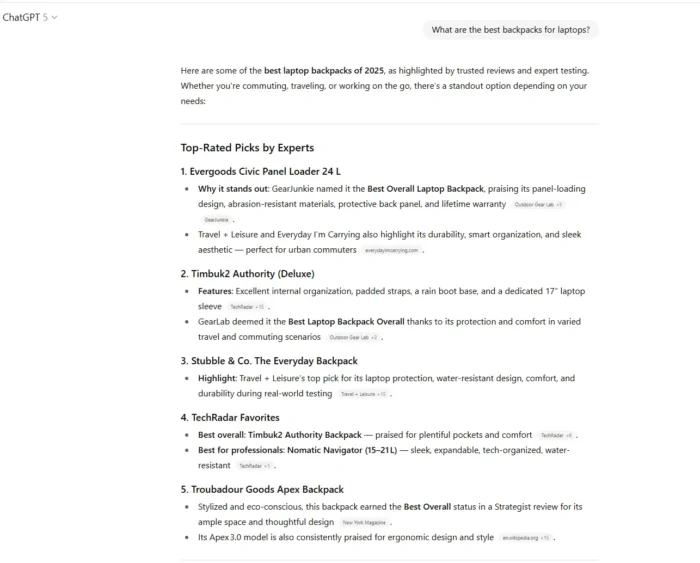





.jpg&h=630&w=1200&q=100&v=f776164e2b&c=1)






